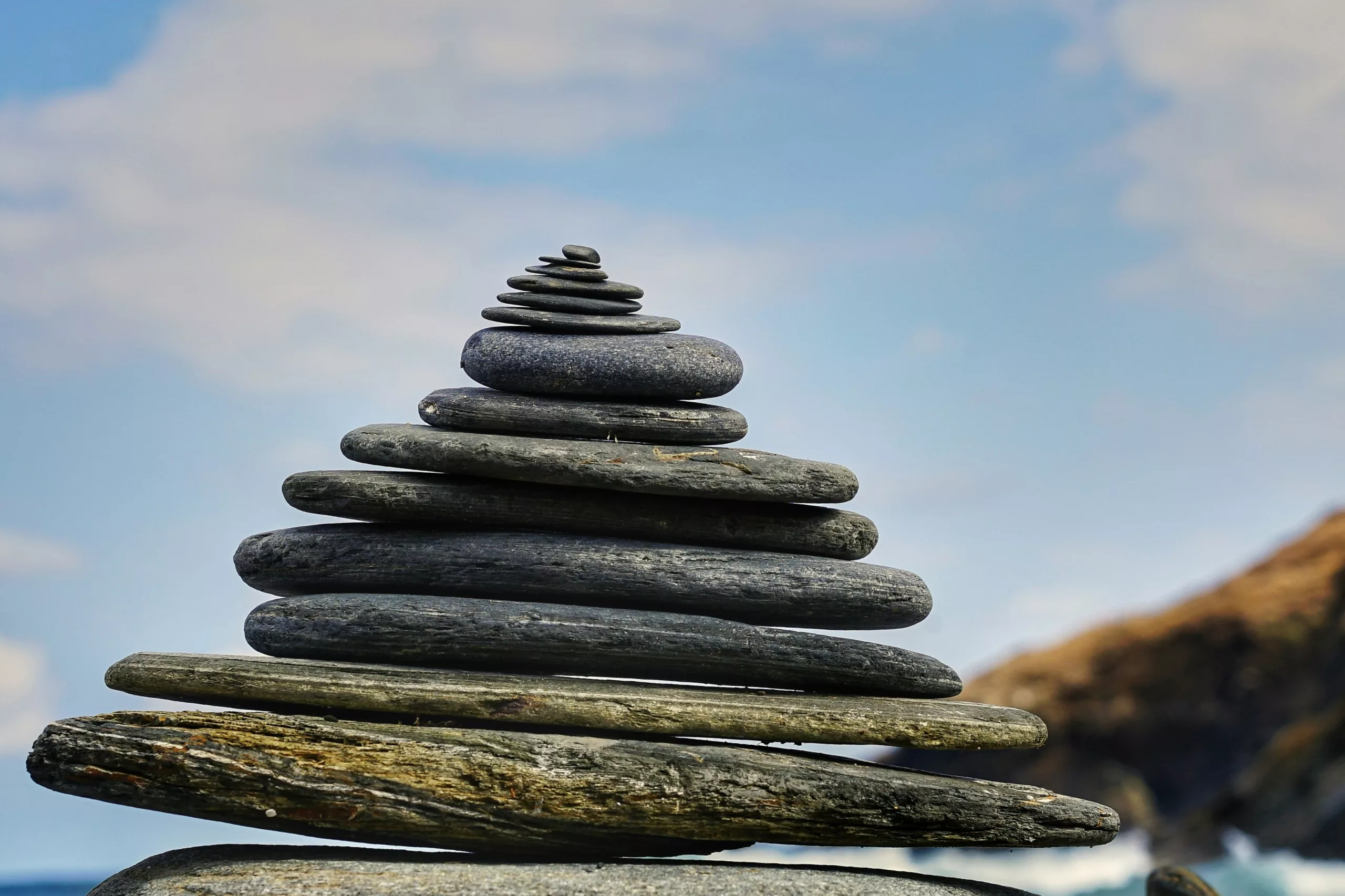Achieving and maintaining a balanced life is crucial for individuals in addiction recovery. Addiction can often lead to neglect of personal responsibilities, relationships, and self-care. As an addiction recovery coach and therapist, I work with individuals to navigate the challenges of recovery and the importance of establishing a healthy balance in all areas of life. This blog will explore the role of life balance in addiction recovery, how self-management strategies can help maintain that balance and the importance of incorporating fun and leisure into the recovery process.
Understanding the importance of a balanced life in addiction recovery
In addiction recovery, achieving and maintaining life balance is not just a luxury but a necessity. By prioritising self-care, relationships, work, and leisure activities, individuals can build a strong foundation for lasting recovery. A balanced life helps prevent relapse by reducing stress, enhancing overall well-being, and providing a sense of fulfilment. Recognising the significance of life balance empowers individuals to make conscious choices that support their recovery journey.
Tips for finding a balanced life in your daily life during recovery
Finding balance in your daily life during addiction recovery is part of long-term success. Start by creating a daily routine that includes time for self-care activities such as exercise, meditation, and healthy eating. Prioritise your relationships by setting boundaries and surrounding yourself with supportive individuals. Allocate time for work or volunteering that aligns with your values and interests. Incorporate leisure activities that bring you joy and relaxation. Remember to practice self-compassion and be patient with yourself as you navigate your recovery challenges. By implementing these tips consistently, you can gradually build a balanced and fulfilling life that supports your journey.
The role of work-life balance in maintaining your recovery
Achieving work-life balance plays a crucial role in maintaining your recovery. Balancing work responsibilities with self-care and personal activities is essential for reducing stress and preventing burnout. Prioritise setting healthy boundaries in the workplace, such as limiting overtime hours and avoiding high-stress situations. Allocate time for relaxation and leisure activities outside work to recharge and maintain your well-being. Remember that your mental and physical health is as essential. Finding harmony between work and personal life can create a supportive environment that prioritises your recovery and overall well-being.
Incorporating self-care practices into your routine
Self-care is a crucial component of maintaining life balance and supporting addiction recovery. Incorporate mindfulness meditation, exercise, adequate sleep, and healthy eating into your daily routine. These activities can help reduce stress, improve mental clarity, and enhance overall well-being. Prioritise self-care just as you would work or other responsibilities, as it plays a vital role in supporting your recovery journey. Remember, investing time in self-care is not selfish but necessary for your continued growth and recovery.
Utilising support systems to maintain life balance
In addiction recovery, the role of support systems cannot be overstated. A recovery coach and therapist are part of this support system. Surround yourself with individuals who understand your journey and provide encouragement and positivity. Engage with support groups, therapy sessions, or trusted friends and family members who uplift and motivate you. Communicate openly about your challenges and victories, as sharing your experiences can alleviate feelings of isolation and strengthen your resolve. By cultivating a supportive network, you create a safety net that bolsters your efforts in maintaining life balance and sobriety. Stay connected with those who genuinely care about your well-being and embrace the collective strength of leaning on your support system.
Conclusion: The ongoing journey of prioritising life balance in addiction recovery
Leading aa Balanced Life as possible in Addiction Recovery Strengthens it. addiction recovery is not a destination but a continuous journey. By prioritising self-care, setting boundaries, practising mindfulness, and utilising support systems, individuals can navigate the challenges of recovery with resilience and determination. Embrace the process of self-discovery and growth, as each day presents opportunities to strengthen your commitment to your recovery and well-being. Remember that setbacks are a natural part of the recovery process, and being kind and patient with yourself is essential. By understanding the importance of achieving and maintaining life balance, you empower yourself to lead a fulfilling and healthy lifestyle beyond addiction. Stay committed to your journey and trust in your progress towards a balanced and rewarding life.


